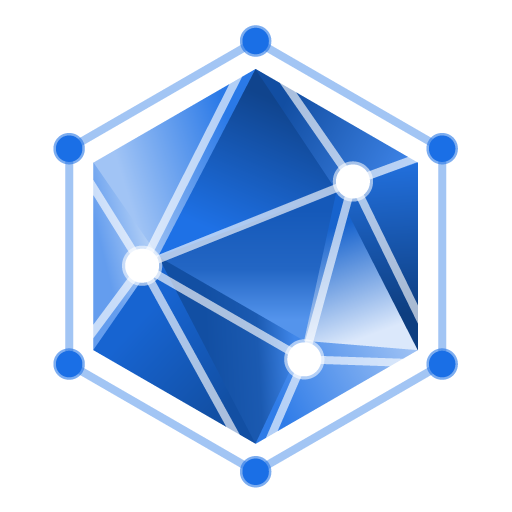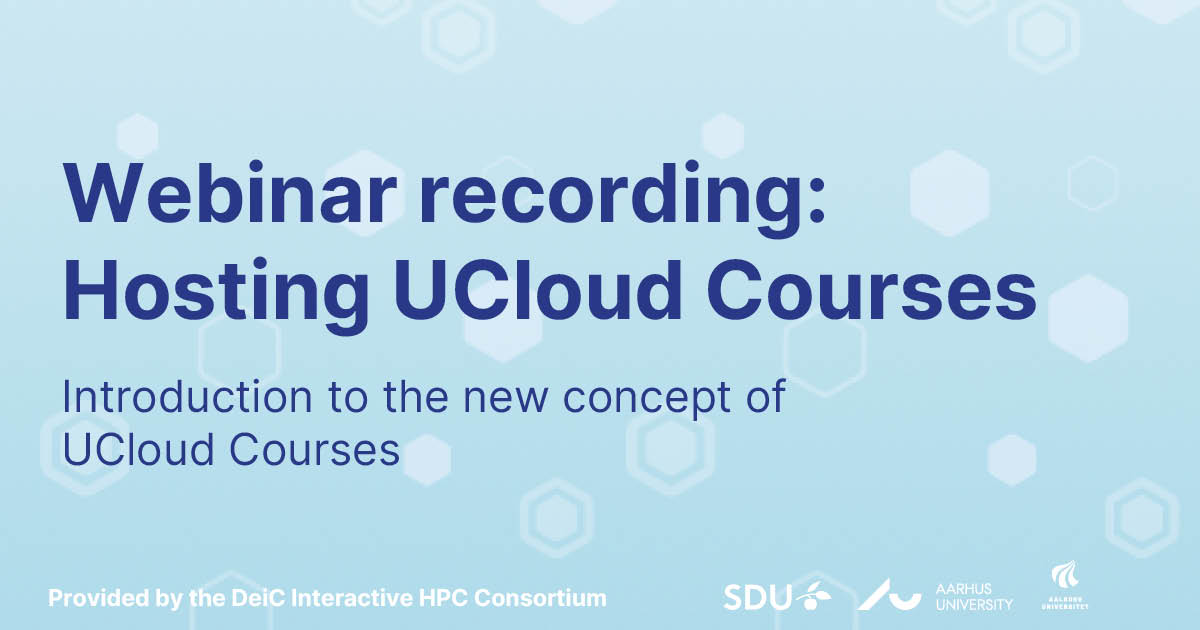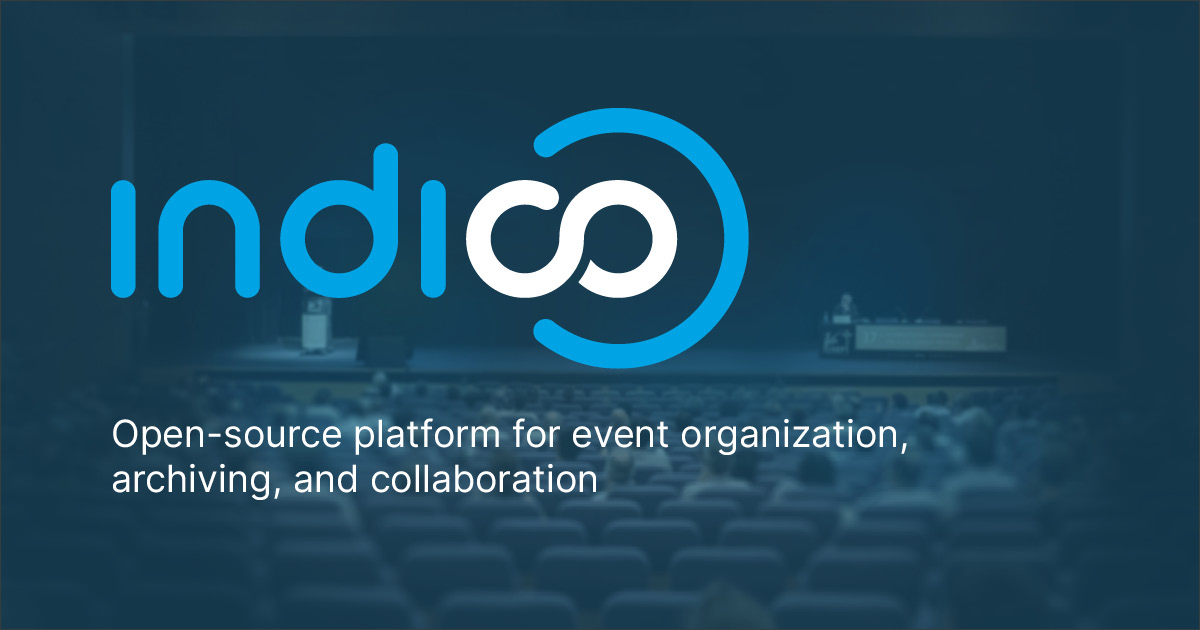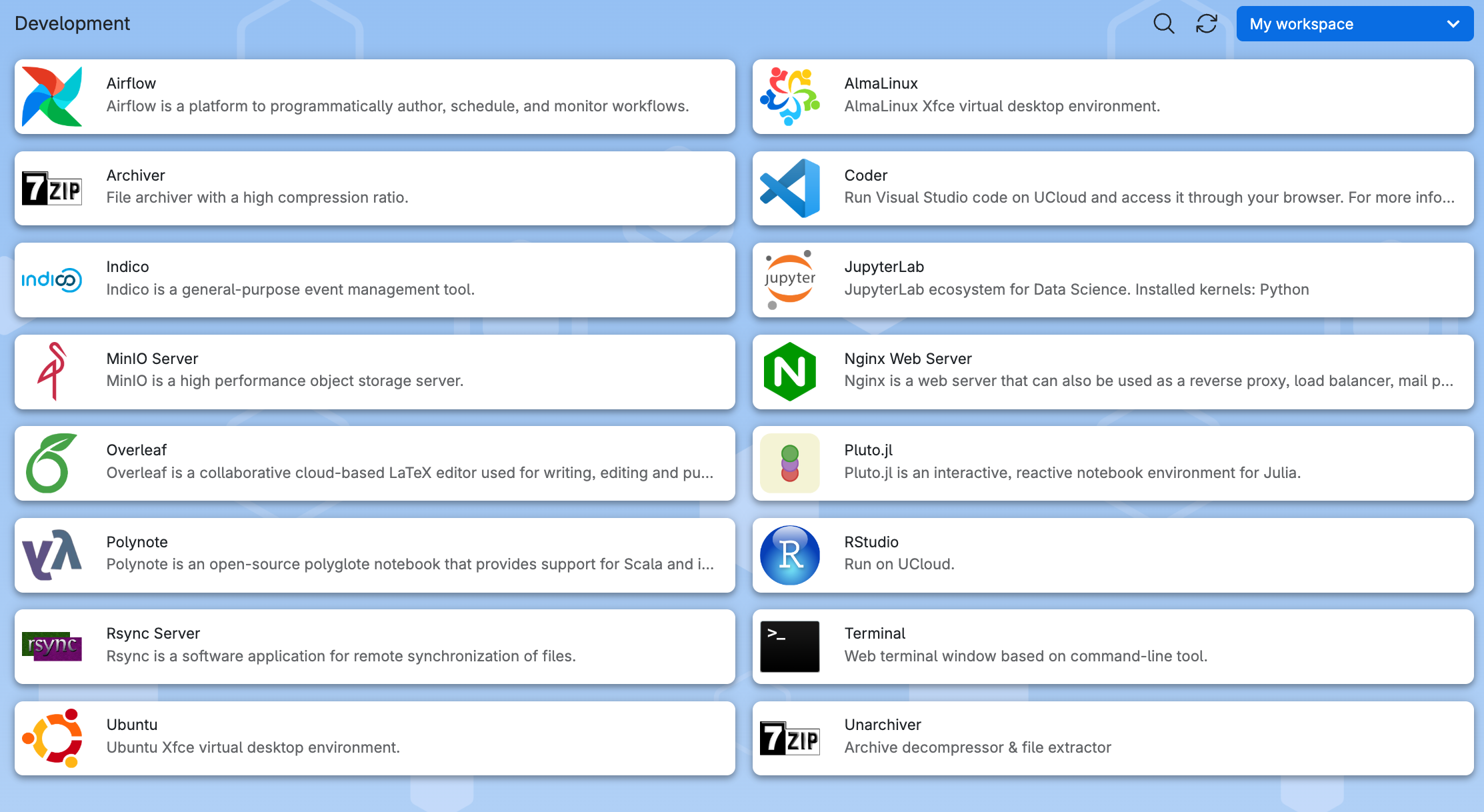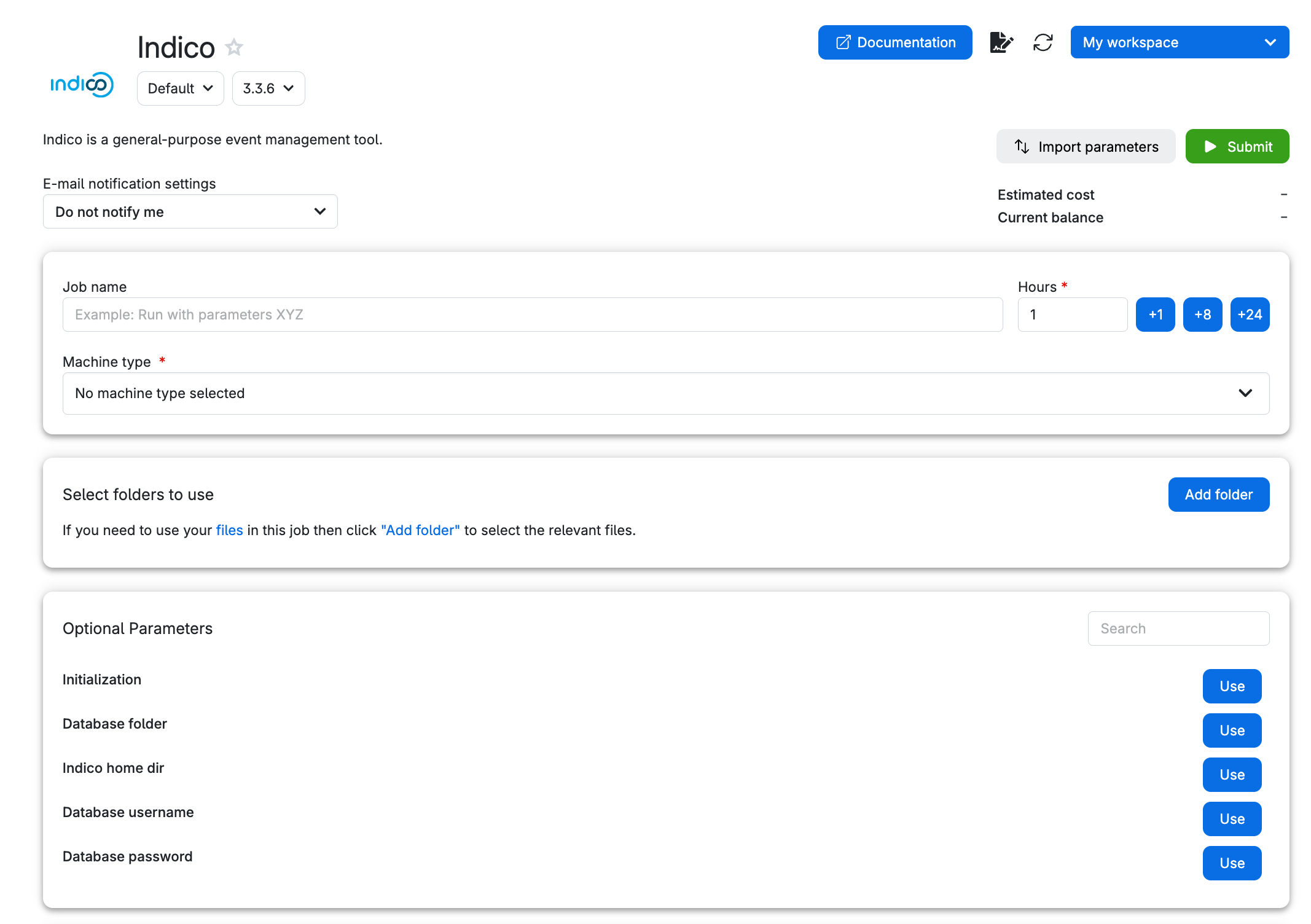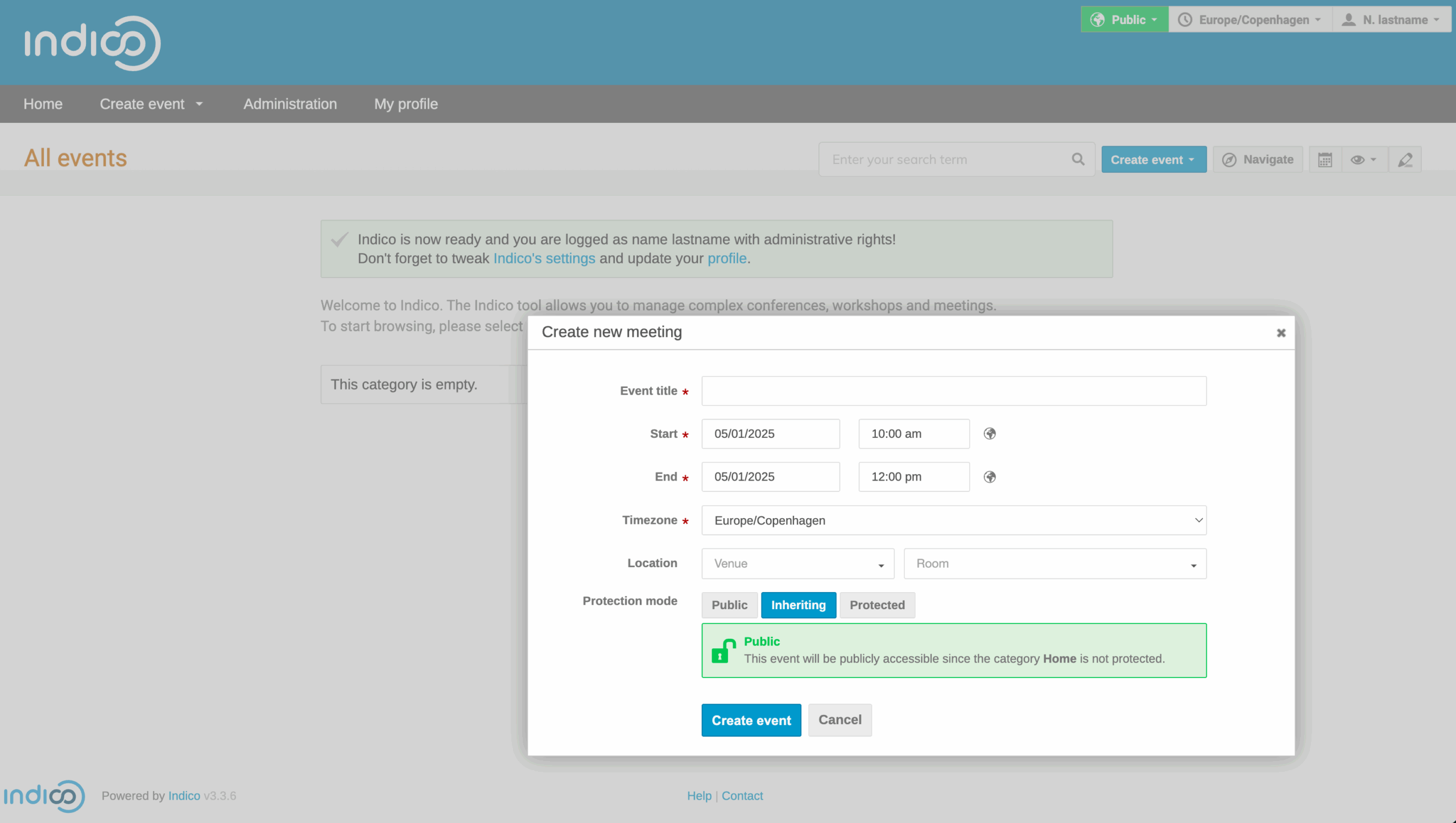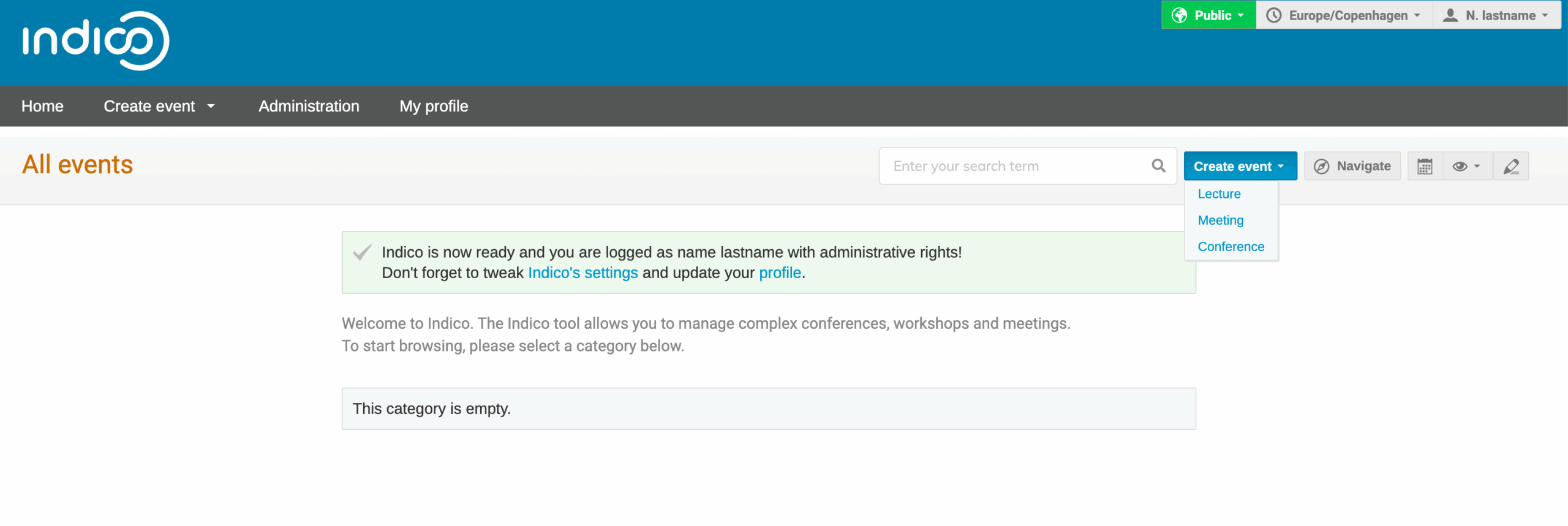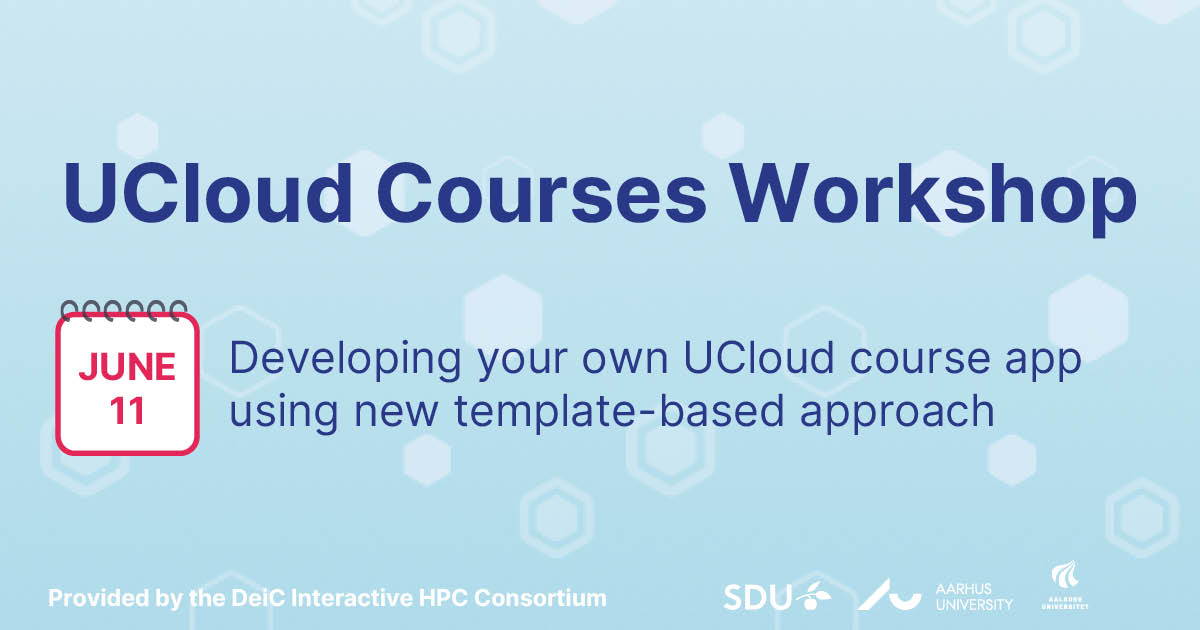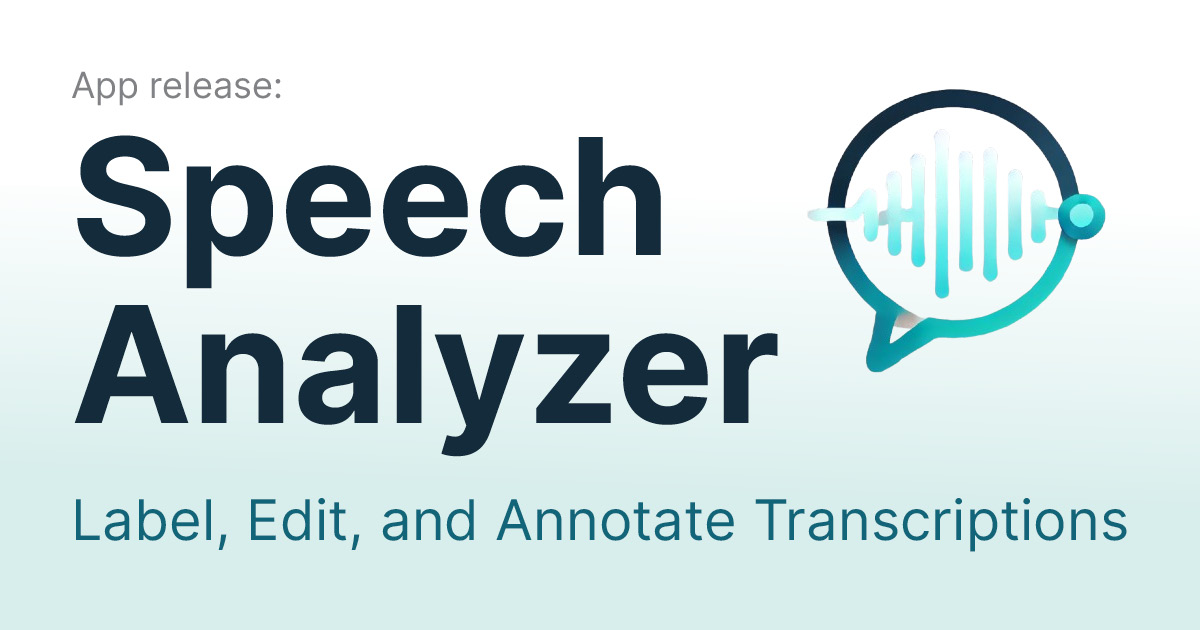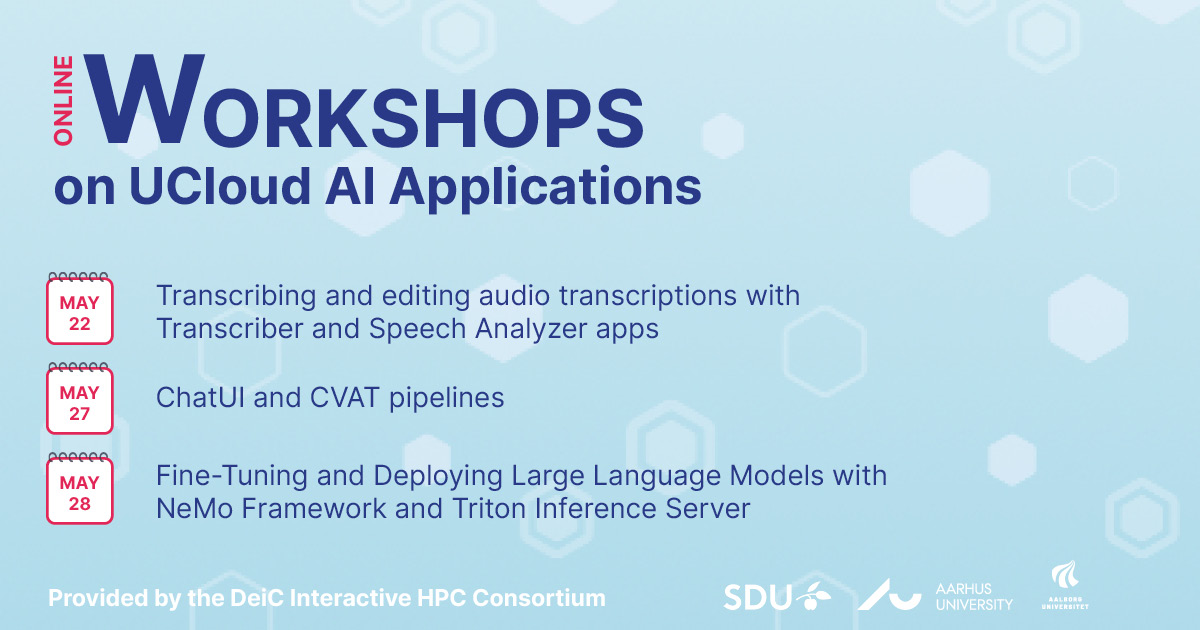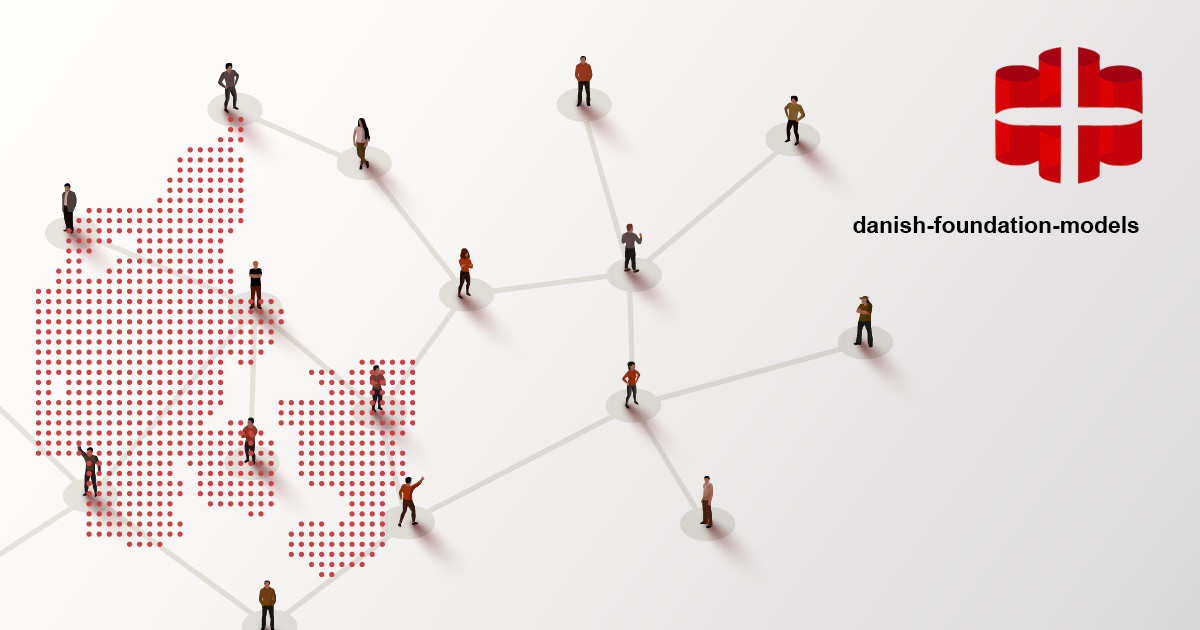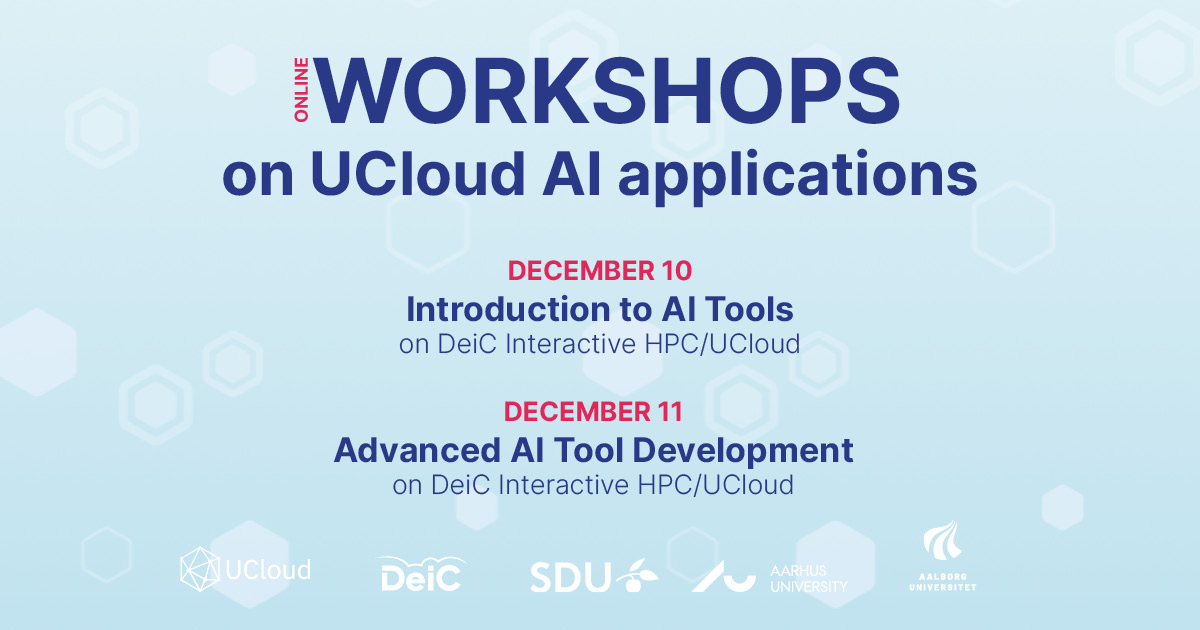Join us for three new and free online workshops to explore how these tools can transform your work. Discover AI Applications on DeiC Interactive HPC – UCloud
Workshop 1:
Transcribing and editing audio transcriptions with Transcriber and Speech Analyzer apps
Date: 22 May 2025
Time: 13:00 – 15:00 (CET)
Location: Online, via Zoom (link TBA)
Join us for a hands-on workshop where we guide you through the complete pipeline of transcribing audio files from speech to text and editing and classifying transcription segments.
In this session, you’ll learn how to:
- Use Transcriber for transcribing audio/video files. Transcriber is based on Open AI’s Whisper language model. The app can transcribe speech audio to text in various formats and uses the WhisperX package to perform speaker recognition.
- Navigate the new, simple, drag and drop Transcriber user interface to make it easier for you to use AI to transcribe audio files.
- Edit and classify the transcriptions with Speech Analyzer. Speech Analyzer is an application built on top of Label Studio, specifically optimized for dialogue analysis. It enables you to label, edit, and annotate transcriptions generated using Transcriber.
- Perform a comprehensive dialogue analysis on UCloud involving transcribing audio files using Transcriber, followed by transcription analysis with Speech Analyzer.
All workflows will be executed inside a UCloud project environment with access to GPU resources.
Target audience: Researchers across all Departments, particularly Digital Humanities and Social Science, Students, AI interested.
Technical Level: Basic to Intermediate.
Sign up for this workshop
Workshop 2:
ChatUI and CVAT pipelines
Date: 27 May 2025
Time: 13:00 – 15:00 (CET)
Location: Online, via Zoom (link TBA)
Join us for a hands-on workshop where we guide you through two different AI based workflows, involving ChatUI and CVAT apps.
In this session, you’ll learn how to:
- Use Chat UI as a flexible interface for hosting of various LLM models, and interact via a chat or API environment.
- Use ChatUI for semantic search in a knowledge base.
- Use CVAT as a powerful annotation tool, including image classification, object detection, semantic and instance segmentation, and video / 3D annotations.
- Use advanced CVAT features including auto-annotation, algorithmic assistance, management and analytics.
All workflows will be executed inside a UCloud project environment with access to GPU resources.
Target audience: Researchers across all fields, particularly transport, robotics, digital humanities, social sciences, machine learning and students.
Technical Level: Basic to Intermediate.
Sign up for this workshop
Workshop 3:
Fine-Tuning and Deploying Large Language Models with NeMo Framework and Triton Inference Server
Date: 28 May 2025
Time: 13:00 – 15:00 (CET)
Location: Online, via Zoom (link TBA)
Join us for a hands-on workshop where we guide you through the complete pipeline of fine-tuning large language models (LLMs) for specialized tasks such as medical question-answering!
In this session, you’ll learn how to:
- Prepare and preprocess open-source datasets for fine-tuning.
- Apply Parameter-Efficient Fine-Tuning (PEFT) using LoRA with NVIDIA NeMo Framework.
- Deploy optimized LLMs using NVIDIA Triton Inference Server and TensorRT-LLM.
- Generate a synthetic Q&A dataset using Label Studio connected to a live inference backend.
- Fine-tune and evaluate your customized LLM for domain-specific applications.
All workflows will be executed inside a UCloud project environment with access to GPU resources.
Target audience: Machine learning practitioners, researchers, and engineers interested in LLM customization, domain adaptation, or scalable model deployment.
Technical Level: Intermediate to Advanced.
Sign up for this workshop
DeiC Interactive HPC provides researchers at Danish universities with access to a variety of AI applications on UCloud that enable them to accelerate their research through powerful and secure computational tools.
Through online workshops the DeiC Interactive HPC Consortium will introduce both new and experienced users to DeiC Interactive HPC/UCloud’s AI app portfolio.
The sessions are designed to equip researchers and students with the knowledge and skills needed to effectively harness DeiC Interactive HPC/UCloud’s AI tools for their research.
Feel free to share with colleagues and peers who might benefit. See you there!

